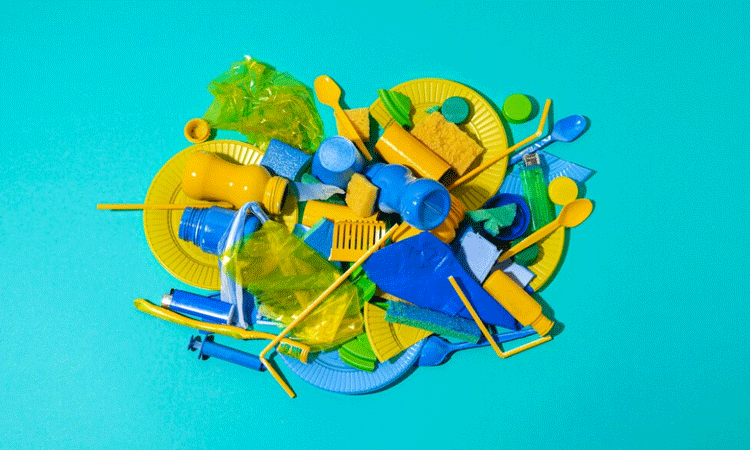The ubiquity of plastic in our daily lives comes with a significant challenge: how to responsibly dispose of this versatile yet environmentally burdensome material. Traditional plastic disposal methods often fall short, leading to pollution and ecological damage. This article explores cutting-edge innovations in plastic disposal, showcasing a promising shift towards more sustainable and environmentally friendly solutions.
The Plastic Predicament:
Persistent Pollution:
Plastic waste has become a global pollutant, clogging waterways, harming wildlife, and lingering in landfills for centuries. Conventional disposal methods, such as landfilling and incineration, contribute to this crisis.
Environmental Impact:
The environmental toll of plastic disposal is alarming, with marine ecosystems suffering from plastic pollution, and microplastics infiltrating even the remotest areas. Addressing this crisis requires forward-thinking solutions that go beyond traditional waste management.
Innovations in Plastic Disposal:
Biodegradable Plastics:
The development of biodegradable plastics offers a game-changing alternative. These plastics break down into natural substances, reducing their environmental impact. Innovations in biodegradable materials are key to creating a more sustainable plastic lifecycle.
Chemical Recycling:
Chemical recycling, or advanced recycling, involves breaking down plastic into its molecular components to produce new, high-quality plastic. This process has the potential to create a closed loop, minimizing the need for virgin plastic production.
Waste-to-Fuel Conversion:
Transforming plastic waste into fuel through pyrolysis or gasification is gaining traction. These technologies break down plastic into valuable fuels, reducing reliance on fossil fuels and diverting plastic from landfills.
Plastic-Eating Enzymes:
Scientific breakthroughs have led to the discovery of plastic-eating enzymes. Enzymes like Pease can digest certain types of plastics, offering a natural solution to break down plastic waste in an eco-friendlier manner.
Upcycling Initiatives:
Upcycling involves transforming plastic waste into higher-value products. Innovations in upcycling turn discarded plastic into building materials, textiles, and other useful items, reducing the need for new raw materials.
Benefits of Plastic Disposal Innovations:
Reduced Environmental Footprint:
Innovations in plastic disposal contribute to a significant reduction in the environmental footprint of plastic waste, minimizing pollution and preserving ecosystems.
Circular Economy Promotion:
These innovations align with the principles of a circular economy, where materials are reused, recycled, and repurposed, creating a sustainable and closed-loop system.
Resource Conservation:
By finding new uses for discarded plastic, these innovations help conserve natural resources, reducing the demand for fresh raw materials.
Public Awareness:
The introduction of innovative plastic disposal methods raises public awareness about the environmental impact of plastic waste and encourages responsible consumption.
As the world grapples with the plastic predicament, innovative solutions in plastic disposal offer hope for a cleaner, more sustainable future. From biodegradable plastics to advanced recycling technologies, these innovations signal a paradigm shift towards responsible plastic management. By embracing and supporting these advancements, we can collectively work towards breaking free from the shackles of plastic pollution and creating a world where waste is seen as a valuable resource, not a burden.
Next On Your Reading List:


